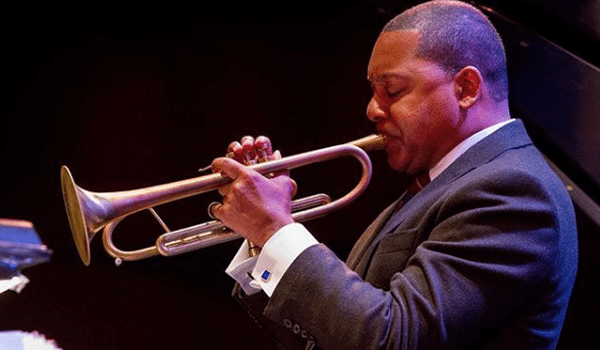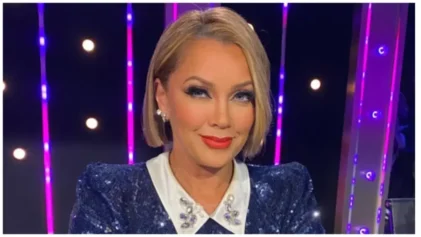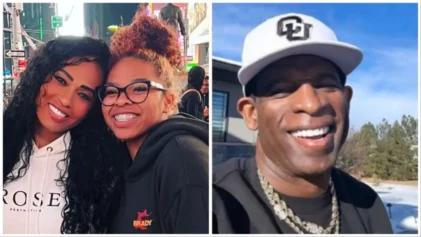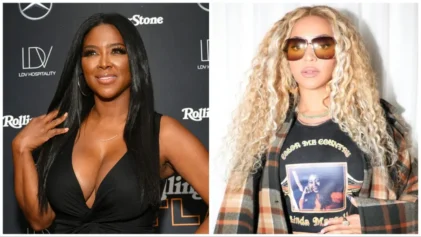
People are sure mad at Wynton Marsalis. That’s because he said hip-hop is just as damaging to Black people as having confederate statues erected throughout the United States.
He made that statement during an interview on the “Cape Up” podcast, and he’s held that position since the mid-80s.
But unlike the 1980s, his words didn’t echo through social media like they do today, so he received all kinds of backlash on his Twitter and Facebook page.
“You said rap is more damaging than confederate statues? How many successful Black men and women are there because of rap?” one person wrote. “How many jobs has rap created for all races? Keep your opinions to yourself. Nobody cares what you think. Crabs in a barrel. SMH.”
“I know you didn’t mean what you said about rap music,” wrote another. “You know that de jure/de facto racist policies do much more substantive damage than any form of entertainment. We don’t need to get into the drug filled and often violent lives of your jazz heroes. Just do better next time.”
On Wednesday (May 23), Marsalis responded to the backlash and said while he maintains his position that much of rap music is harmful to Black people, he didn’t mean to speak badly of the whole genre.
“To dismiss an entire form would indicate ignorance and refusal to accept fact,” he wrote on Facebook. “To question the mainstreaming of explicit adult content should not be considered irrational, prejudiced, close minded or high minded. It is a normal question that anyone with kids or who is just concerned about the general cultural atmosphere is forced to ask.”
“A number of (NOT ALL) hip hop musicians have gone on record saying that the marketplace and the industry encourages them to make their material more commercial by adding violent and profanity laced, materialistic and over-the-top stereotypical images and concepts to their work. Discussing the corrosive influence of hip-hop culture on Black culture,” added Marsalis. “They too know that this mythology reinforces destructive behavior at home and influences the world’s view of the Afro American in a decidedly negative direction.”
Marsalis also said the social media attacks against him were unwarranted, because he didn’t mention a rapper by name and only spoke generally, not specifically. Plus, he had a problem with how many Black people came at him.
“When [people] lose the right to critique — especially inside of groups we belong to and have to accept mob rule — it is a step back towards slavery,” he wrote.
So far, the backlash has come from the general listening public and not rappers themselves, but their responses could be forthcoming.
Until then, Marsalis doesn’t seem like he’ll change his position any since he continued to blast the people who listen to rap and share it with their children.
“So far as the pornographic products and the minstrel show ghetto routines that are very popular, I can only say, the people have spoken. ‘We want to consume these products and want them for our kids,'” he wrote. “It is people’s right to choose this, as it is mine to express my thoughts and perhaps dissuade some from the specific products to which I refer. I accept the will of the people as what it is but don’t change my opinion of the products I’m talking about.”
You can see some of the backlash and other comments that Marsalis received below, as well as his full post.
You give art too much power and ignore the societal forces that affect our communities. The only ppl who struggle to respect hip hop are the ppl who do not understand the culture. Rappers aren’t people’s parents. I’d argue a lot of jazz musicians weren’t great role models.
— Astro Black (@zigzagzulu) May 23, 2018
— Fred (@danlbooner) May 23, 2018
Jazz was called Devil’s Music by the elders https://t.co/Vfq0x6JBbZ Now it seems history is repeating it self via your quotes. N.O. celebrates Jazz which is great. #HipHopRecognition w/ ❤ & supporr will hopefully empower the art & culture for a better future. Lets build bridges.
— Chris Wallace Way BK (@CWWayBK) May 23, 2018
I know you didn’t mean what you said about rap music. You know that de jure/de facto racist policies do much more substantive damage than any form of entertainment. We don’t need to get into the drug filled and often violent lives of your jazz heroes. Just do better next time.
— Joe Cool (@SteppinRazor510) May 23, 2018
— Fred (@danlbooner) May 23, 2018


